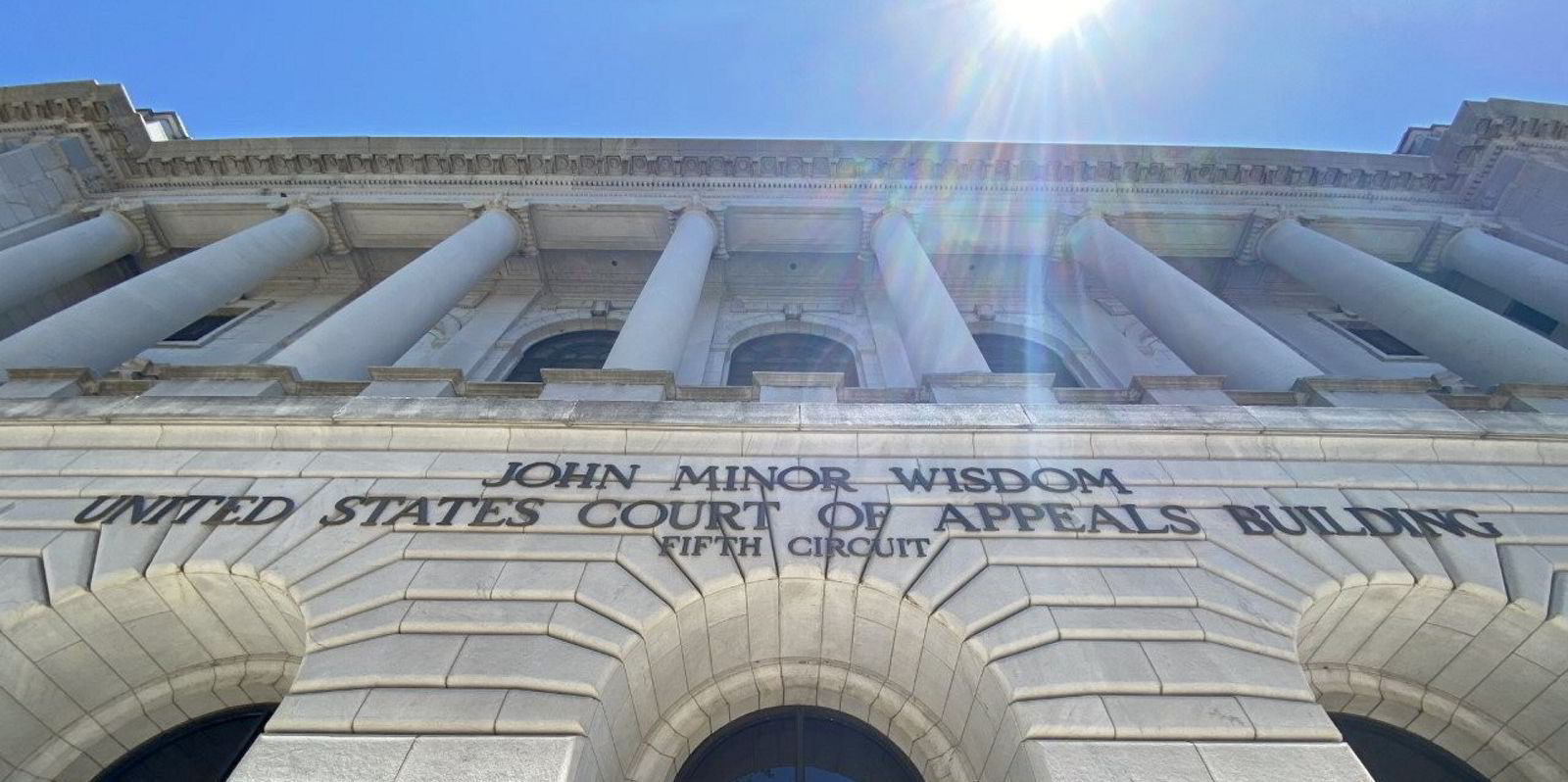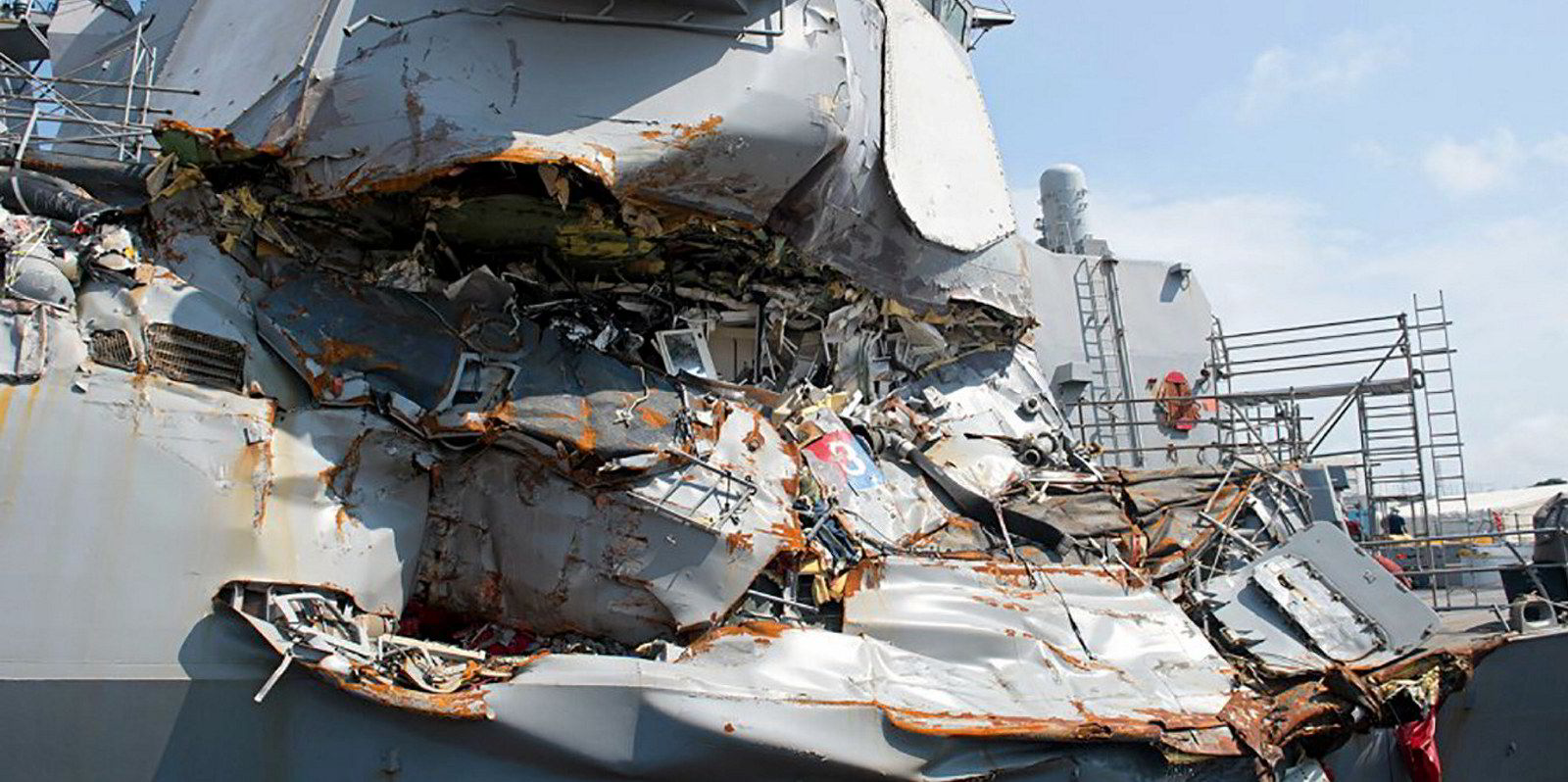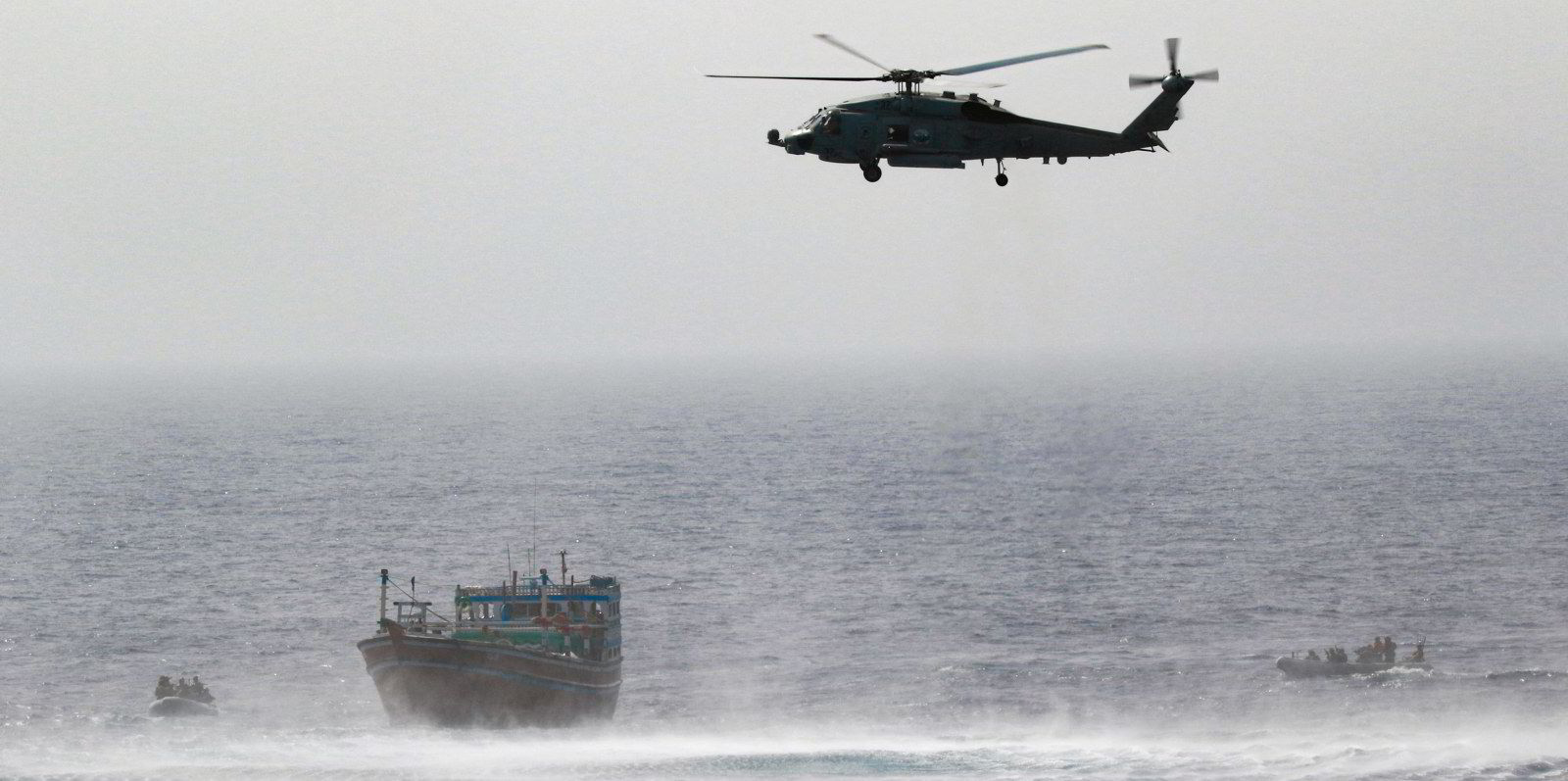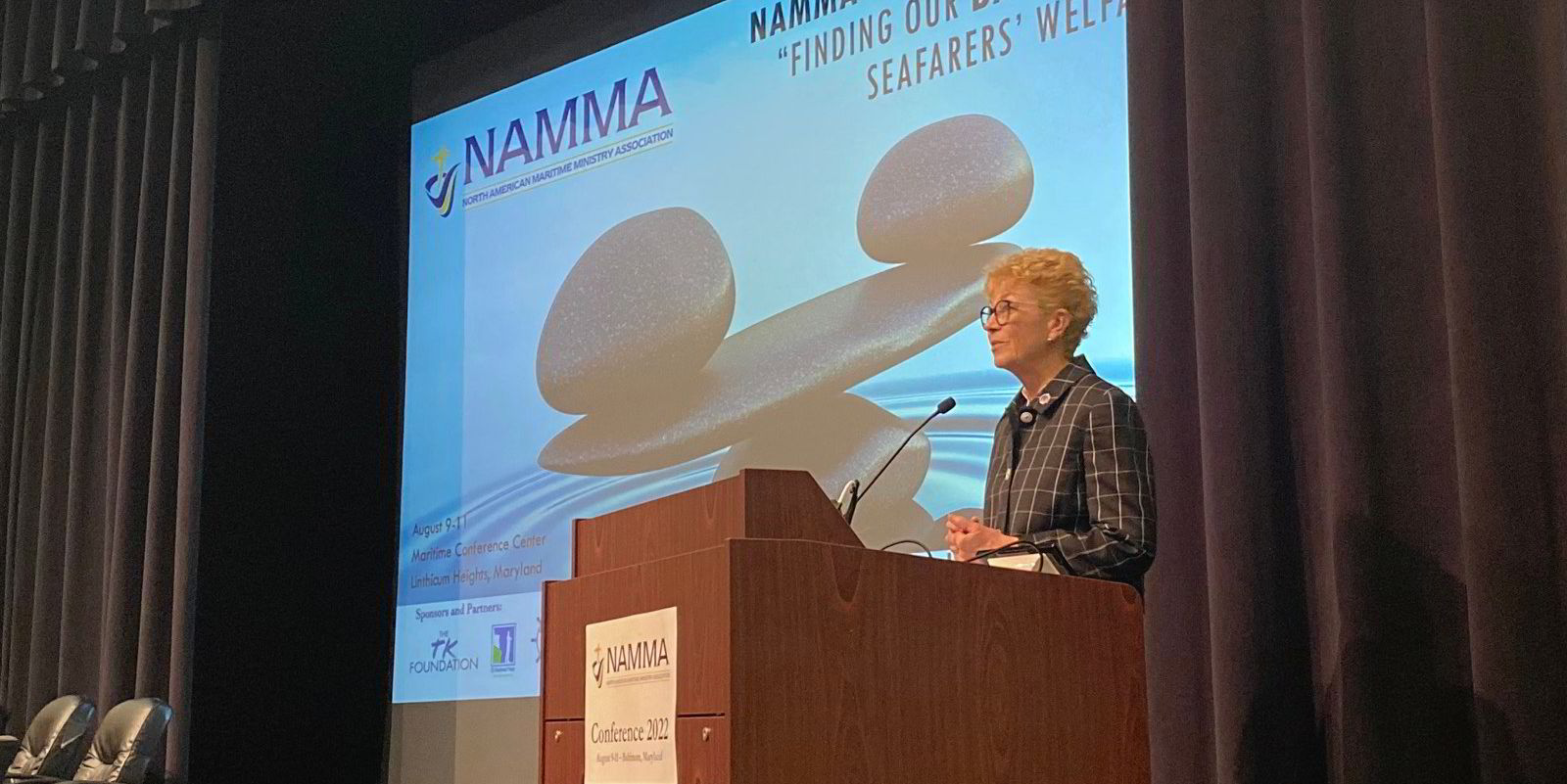A second panel of US federal judges has sided with NYK Line in a $260m dispute with sailors injured and killed aboard a US Navy warship.
An en banc review of an earlier decision from the Fifth Circuit Court of Appeals — which included all the judges in the circuit — ruled 12 to five that the US courts have no jurisdiction over the 2017 crash between the 2,858-teu ACX Crystal (built 2008) and the USS Fitzgerald that killed seven and injured 42.
“If personal injury and wrongful death claims caused in foreign waters by a foreign logistics company’s chartered, foreign-registered vessel bound for a foreign country are sufficiently related to that corporation’s shipping-related contacts with the United States, then what isn’t?” wrote Judge Edith Jones in the majority opinion published on 16 August.
The decision upheld a May 2021 decision from just three judges, who rejected arguments that NYK calling on US ports, operating US offices and cargo terminals and regularly suing in US courts constituted strong enough ties to the country that federal courts could hold it accountable.
The crash, which took place in Japanese territorial waters, saw the ACX Crystal ripping a hole in the side of the USS Fitzgerald and flooding the sailor's sleeping quarters.
It was the US Navy's greatest loss of life since 1975.
In 2019, the 42 injured sailors and the families of the seven deceased filed two separate lawsuits in the US federal court for the Eastern District of Louisiana.
The two cases were consolidated for purposes of appeal following a June 2020 ruling at the district level that US courts did not have jurisdiction.
A dissenting opinion written by Judge Jennifer Walker Elrod said NYK was “perfectly at home here in the United States” and argued that if it is not inconvenient for NYK to do business in the US, then defending litigation in the US is not inconvenient.

“NYK clearly welcomes the opportunity to take advantage of the United States’ robust marketplace, an economy fostered by the rule of law that our judicial system ensures, and the corporation freely avails itself of federal courts as a plaintiff,” Elrod wrote.
“Can NYK really complain about submitting to federal judicial power when NYK enjoys the security that that power provides?”
She said the original understanding of due process in the Constitution allowed Congress to extend the jurisdiction of US courts, which it has done in the past.
She further argued that the ruling gives foreign civil defendants more due process rights than foreign criminal defendants and foreign corporations more due process protection than domestic corporations.
Elrod recommended the case be appealed to the Supreme Court as it has left open issues around personal jurisdiction and portions of the Constitution.
David Schloss of Koonz McKenney Johnson & DePaolis who is representing the sailors intends to do so.
In order to hear a case, four of the Supreme Court's nine judges have to determine the case has value. It is the sailors' last remaining appeal.
Schloss said Elrod noted NYK has brought no fewer than 78 lawsuits in US federal courts since 1993 seeking more than $22m in damages.
“The issue here is one that the Supreme Court has not yet decided. We intend to give them an opportunity to do so,” he said.





